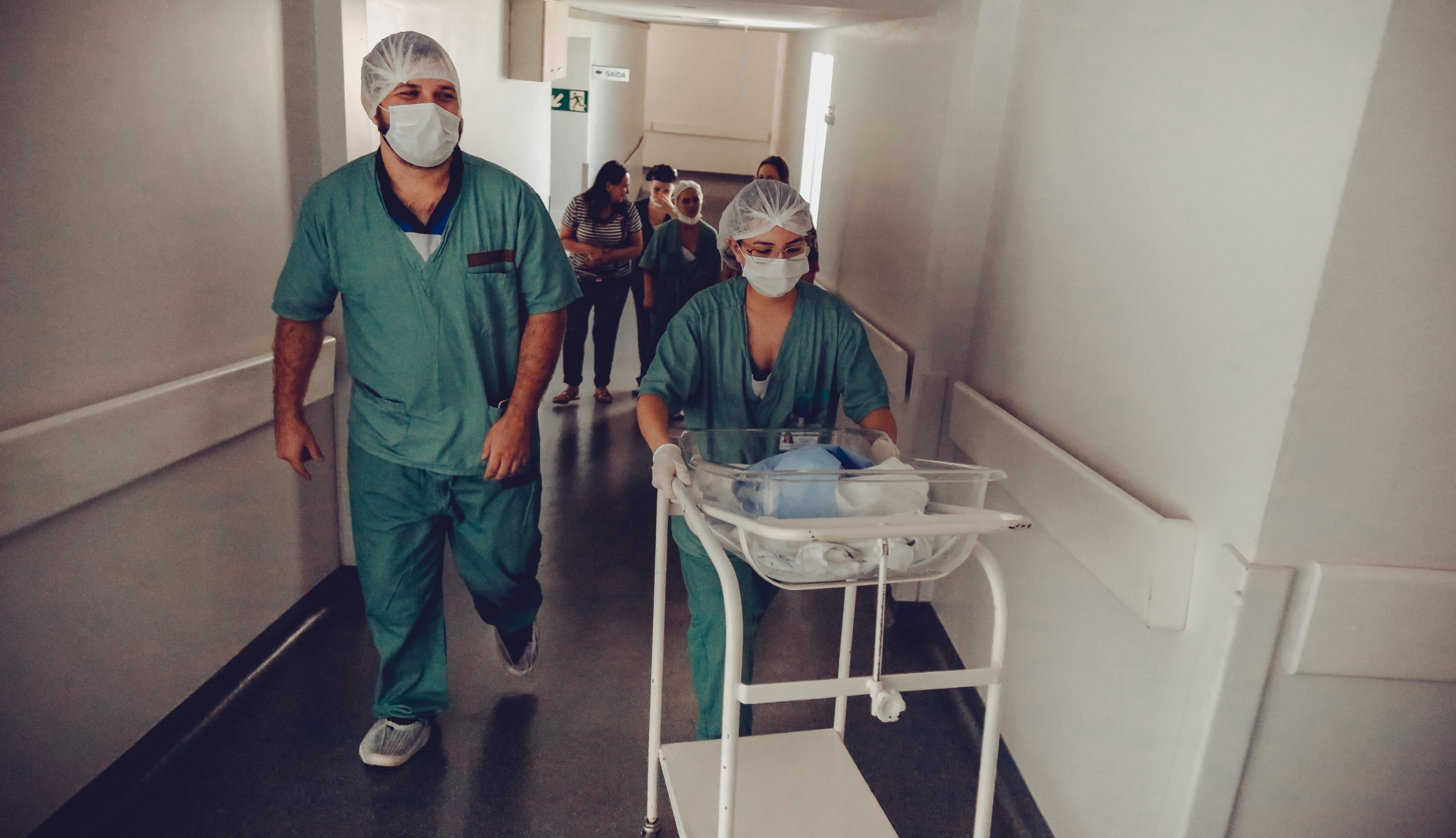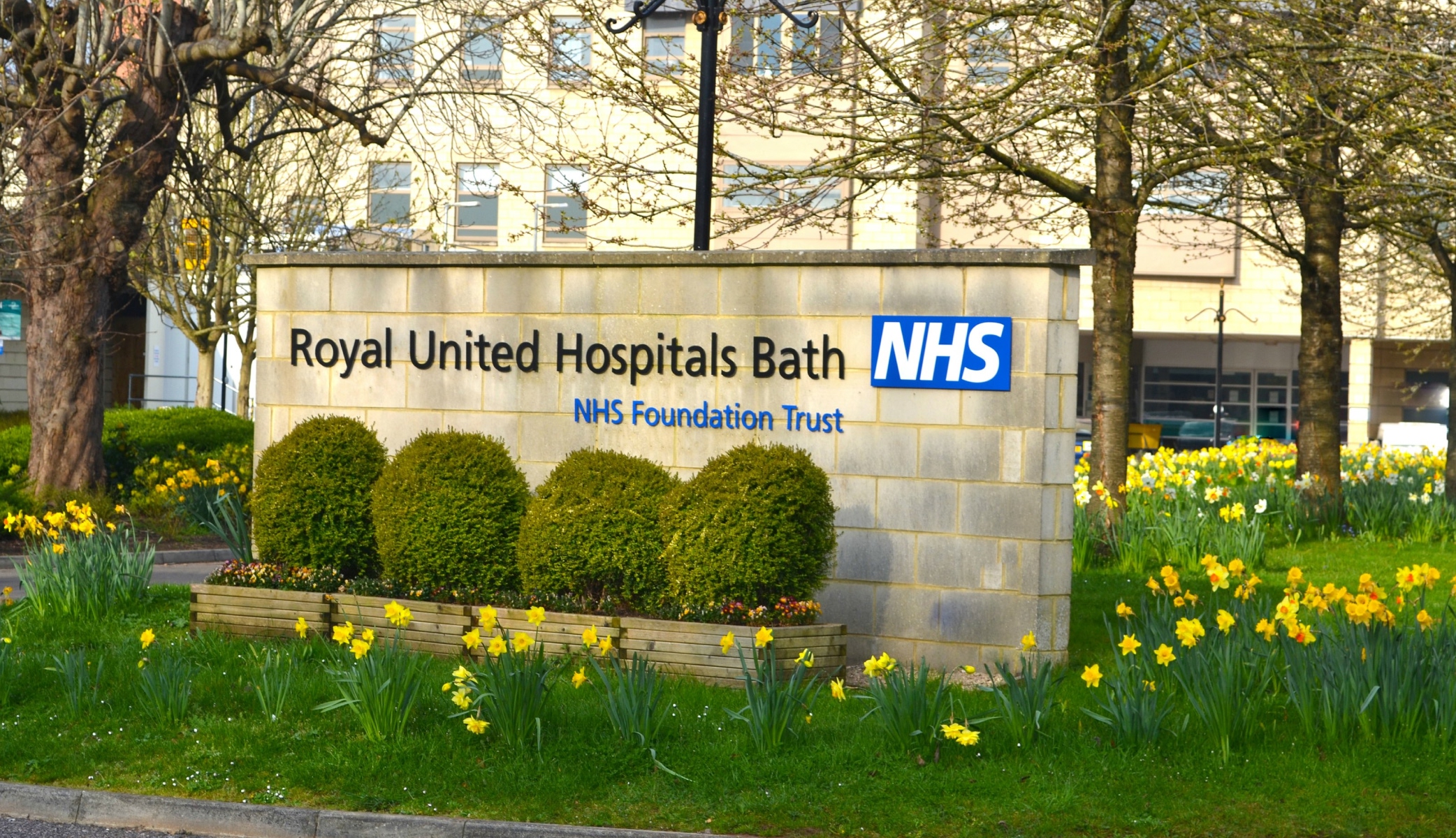2025-10-29
Blog
How verified translation tools are improving communication, safety, and trust across NHS departments – from maternity to post-operative care.

Across the NHS, communication breakdowns remain a hidden safety risk – not just in maternity, but across primary care and post-operative care.
During a recent session with the Health Innovation Network (HIN), NHS professionals agreed that language barriers delay treatment, create risk, and reduce compassion.
Traditional interpreter services are vital, but they can’t always meet the immediate needs of busy wards or clinics. Staff often resort to using family members or community members as interpreters, a practice that raises serious safeguarding concerns.
“If the interpreter is a relative, or even the abuser, how can you trust what’s being said?”
HIN participant
In some cases, unverified interpreters have distorted or censored information, even discouraging patients from medical decisions such as pregnancy terminations. These stories highlight why verified, transparent translation tools are critical for ethical communication.
Beyond maternity care, Care to Translate is being used across multiple NHS departments and international healthcare systems to:
Hospitals using Care to Translate report up to 95% fewer phone interpreter calls, saving tens of thousands annually and improving workflow efficiency.
Care to Translate is designed to complement human interpreters. For complex or legal conversations (e.g. consent for surgery), NHS Trusts continue to follow established interpreter protocols. But when these options are not available, Care to Translate can be used as a safe alternative.
The app provides safe, validated support – ensuring informed “micro-consent” moments such as “Can I check your blood pressure?” or “May I examine you now?”
This approach maintains compliance with NHS governance standards while improving staff confidence and patient comfort.

In safeguarding cases, the ability to speak directly and privately with a patient can mean the difference between harm and help. By reducing reliance on potentially compromised interpreters, Care to Translate empowers clinicians to assess safety in real time – with neutrality and confidentiality.
The Health Innovation Network and participating NHS leaders identified clear next steps:
These partnerships aim to transform language accessibility from a patchwork solution into a national patient safety standard.
Whether in a maternity ward, or a GP surgery – communication determines care quality. With validated translation tools like Care to Translate, NHS teams can provide care that is not only clinically accurate but also safe, ethical, and human.
“It’s about dignity, confidence, and keeping communication going when time matters.”
Clare Gilliland, NHS Trust

Care to Translate is trusted by over 700 healthcare organisations and departments worldwide. Providing medically validated translations in 130+ languages. Book a demo to discover how validated translation can transform patient safety and trust in your organization.